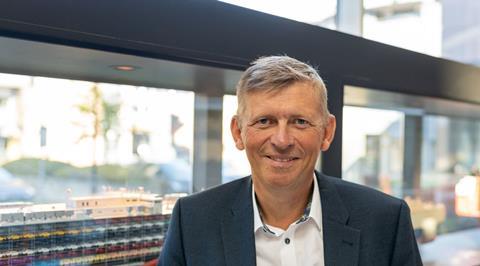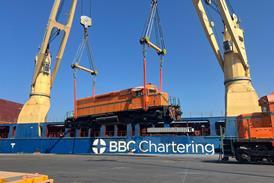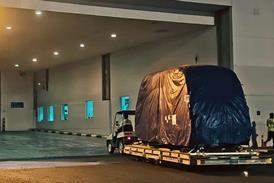Wallenius Wilhelmsen is adopting a fully AI-based approach to voyage optimisation as it takes significant steps towards reducing emissions from its vessels.

The company aims to reduce emission by 27.5 percent by 2030. “Half of this reduction will have to come from existing vessels,” explained Geir Fagerheim, senior vice president, marine operations at Wallenius Wilhelmsen. “We are diligently working to find emission-friendly solutions for our existing fleet.”
It has been working with Athens-based maritime technology company DeepSea to test and further develop its vessel performance software over the last 18 months. DeepSea has a team of researchers, engineers and sector experts, with specialist knowledge in the use of machine learning and AI with a focus of making shipping more efficient. Having implemented livestreaming of vital data onboard 65 vessels, the AI approach will help reduce fuel consumption by up to 10 percent.
For the past three years, Wallenius Wilhelmsen has made investments in its IT and cloud infrastructure and has been working on installing sensors onboard vessels to obtain the data relevant for cutting back fuel consumption. These sensors monitor operational parameters such as fuel consumption, shaft power, speed, electricity consumption and more.
“We can now harvest this data using cloud technology, then run it through a complex mathematic model which, with the help of AI technology like that from DeepSea, ultimately provides the vessel captain with detailed instructions regarding optimal route and vessel speed. These tools give instructions foreseeing sailing conditions with great precision when correlated with weather forecast prognosis updates. No human being, no matter how many years of experience they have, can compete with these automated sailing instructions. It reduces emissions, it reduces fuel consumption, and it increases safety during operation,” said Fagerheim.
















